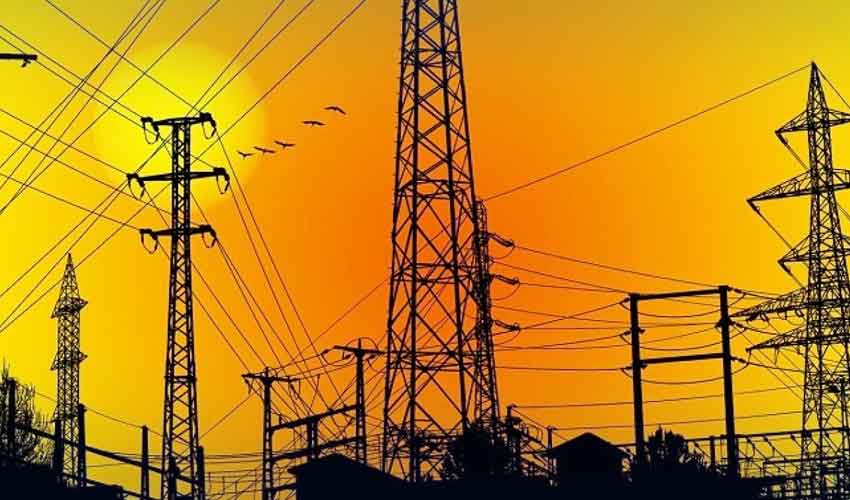The power contracts that Independent Power Plants (IPPs) have with the federal government are directly linked to US inflation and the value of the US currency, which means that in addition to capacity costs, these contracts are also severely restricting the economy and the lives of the populace.
Unexpected information about Pakistan’s exorbitant electricity prices has surfaced. Senior journalists in Karachi were briefed by the members of the Council of Economic and Energy Journalists Sage on behalf of the institute.
According to the briefing, Pakistan’s electricity tariff component climbed by 253 percent between 2019 and 2024 as a result of American inflation.
The information presented in the briefing indicates that Pakistan’s capacity charges in 2019 were Rs3.26 per unit.
The impact of both local and US inflation is factored into the capacity charges levied against the general public.
The interest payment on an electricity unit climbed by 343% in four years, based on the nation’s rising interest rate. In four years, the working capital of IPPs increased the cost of an electrical unit by 716 percent.
Electricity tariffs range from 12 to 20 percent, with capacity prices accounting for 70 percent.
The government should adopt a centralized tariff policy rather than a universal electricity tariff strategy, according to SDPI experts.







